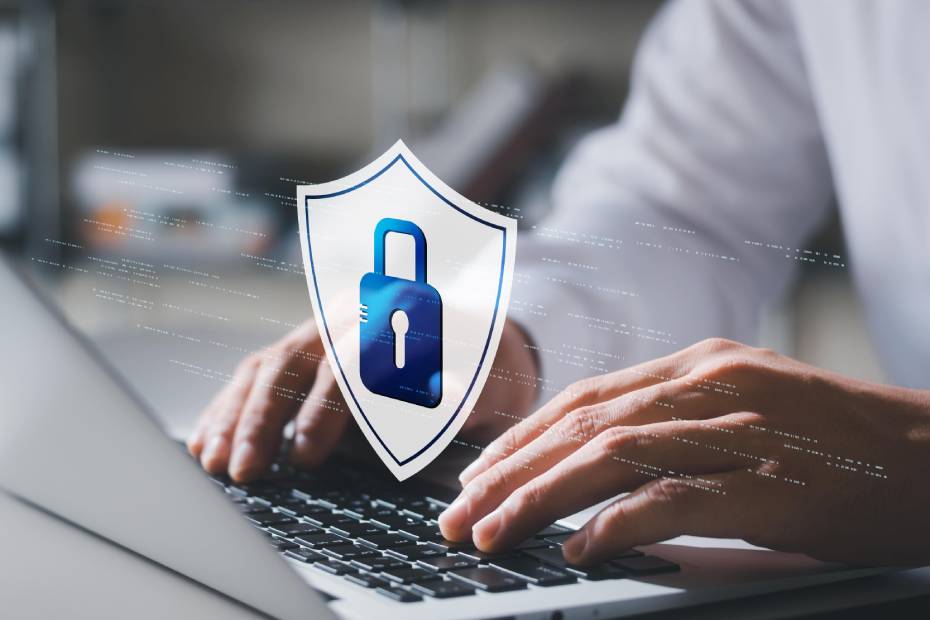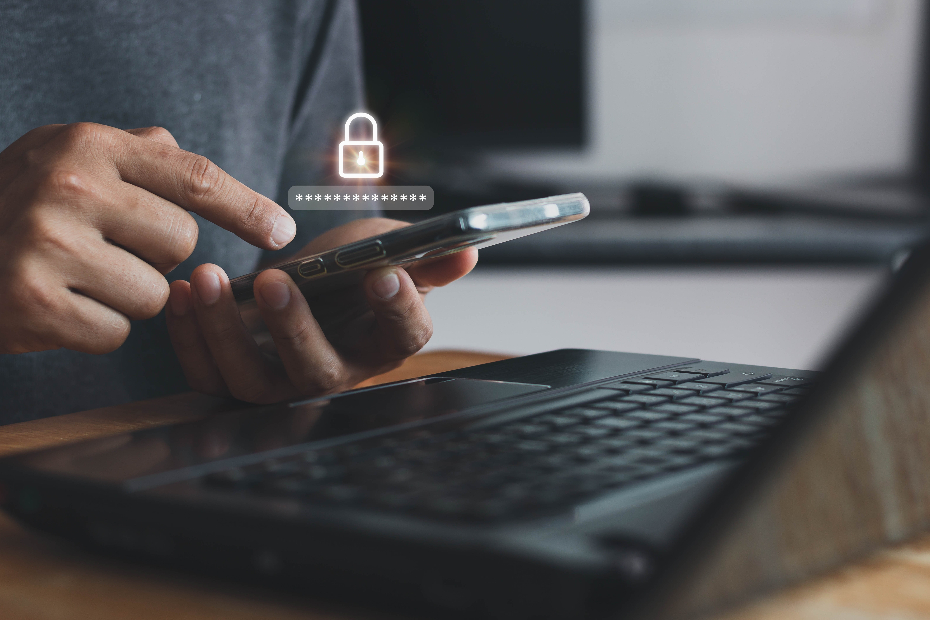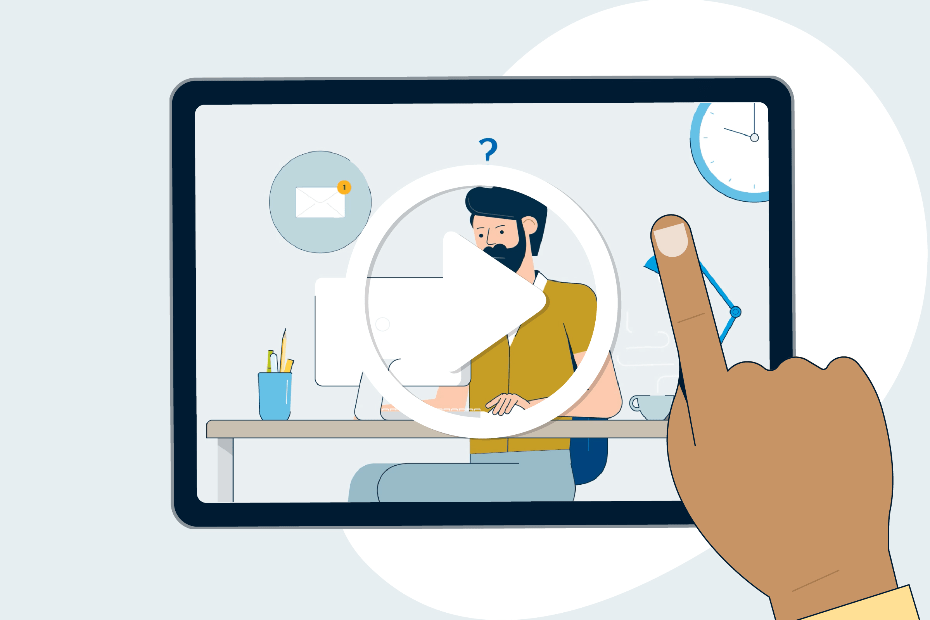Published January 16, 2023 • 4 Min Read
In honour of Data Privacy Day, RBC is sharing four best practices to help safeguard your privacy online.
1. Secure your accounts
Over the past several years, companies small and large, local and global, have experienced data breaches. Keeping your accounts secure starts with creating strong and complex passwords. U.S. research has shown that 81 per cent of hacking-related breaches used stolen or weak passwords.
Creating strong passwords is easy and can be accomplished by doing any or all of the following:
- Using different passwords for each account — especially when logging into sites that access personal or financial data.
- Using a passphrase, which is a collection of random words thrown together in a bizarre sentence — like DelayElephantBuy. To take it one step further, you can replace some letters with numbers or special characters. DelayElephantBuy can become De!@yE!eph@nt8uy
- Using a password manager, which generates and remembers different, complex passwords for every account. Your encrypted password database can then be accessed with just one master password or passphrase.
A second line of defence in the protection of your online accounts is to use multifactor authentication (MFA) whenever possible. Also referred to as 2-Factor Authentication (2FA), this step requires a second piece of ID — such as a code sent via text message — beyond your username and password to prove your identity before you can proceed. Sometimes, MFA is automatically turned on — but other times, you can choose whether to use it or not. Given that MFA has been proven to stop the majority of cyber-attacks, it’s a worthwhile step!
2. Protect your web browsing
You may already practice healthy browsing habits, such as only visiting sites that start with HTTPS and avoiding inputting your financial credentials to unverified retailers. But that’s online security. Online privacy is about keeping your movements from being tracked while browsing the internet.
Did you know? Companies and websites track everything you do online — every ad, social network button and website collects information about you, such as what you like to buy, the area you live in, the type of food you eat, where you like to vacation and more. By installing an ad blocker, you can prevent ads from showing up on the websites you visit, following you around and keeping track of rich data about you.
AdblockPlus and UBlock Origin are two browser extensions that allow you to block ads and disable tracking. You can also disable ads from Apple, Facebook, Google and Twitter, and many websites will offer ways to opt out of data collection — it’s worth taking the time to take this step.
3. Install anti-virus software
New online threats are emerging all the time. The AV-Test Institute — a global independent research institute for IT security — registers more than 450,000 new malicious programs (malware) and potentially unwanted applications (PUAs) every day. Antivirus software will scan your devices for viruses, malware and other cyber threats – and if it detects anything malicious, it will quarantine and remove it.
According to the AV-Test Institute’s 2019/2020 Security Report, Microsoft Windows is one of the most susceptible operating systems but using its built-in software Windows Defender is one way to help protect your data if you’re running Windows 10. Not keeping up with your software updates? Keeping your operating system up-to-date is one of the easiest ways to protect your online privacy, as updates fix security issues that may have previously rendered your devices vulnerable.
4. Manage your cookies
Have you noticed that there is a notice about cookies on nearly every site you visit? Many users will click “accept all cookies” without thinking about it. And while cookies can be useful (they keep track of items in your shopping cart and save your login credentials), they may also undermine your privacy and security. In particular, they can become an issue when you encounter third-party cookies, which are created by advertising networks and social media companies and used to track you online. Occasionally clearing your cookies will erase the identifiers left on your computer, making it harder for those companies to track you.
This Data Privacy Day, take a few moments to take stock of your personal cybersecurity and evaluate your online habits. Use the tips above to help safeguard your data and keep cyber criminals out of your personal business.
This article is intended as general information only and is not to be relied upon as constituting legal, financial or other professional advice. A professional advisor should be consulted regarding your specific situation. Information presented is believed to be factual and up-to-date but we do not guarantee its accuracy and it should not be regarded as a complete analysis of the subjects discussed. All expressions of opinion reflect the judgment of the authors as of the date of publication and are subject to change. No endorsement of any third parties or their advice, opinions, information, products or services is expressly given or implied by Royal Bank of Canada or any of its affiliates.
Share This Article






